On the occasion of the International Day of Education (IDE) 2025, the United Nations Children’s Fund (UNICEF) has shed light on a profound educational crisis in Katsina State, Nigeria. Mr. Rahama Mohammed Farah, the Chief of UNICEF’s Kano Field Office, disclosed that no fewer than 536,112 children are currently out of school in this region, a figure that paints a grim picture of the educational landscape in Northwest Nigeria.
The statistics are a stark reminder of the systemic issues plaguing the education sector in Katsina, which include limited access to schooling, insufficient funding, and a significant shortfall in educational quality. According to the 2021 Multiple Indicator Cluster Survey (MICS), this high number of out-of-school children contributes to Nigeria’s overall tally of 10.2 million children not in school, marking Katsina as a critical area of concern.
Several factors are at play here, exacerbating the crisis. Poverty is a major barrier, alongside cultural practices that sometimes discourage formal education, particularly for girls. The physical infrastructure of schools also leaves much to be desired, with many facilities either dilapidated or non-existent, making regular school attendance a challenge for many children.
Even for those children who manage to attend school, the learning outcomes are disheartening. Farah pointed out that less than 26% of children in Katsina achieve reading proficiency, and only 25% demonstrate basic numeracy skills. This lag in foundational educational skills not only hampers individual growth but also threatens the broader human capital development of the state.
In response, UNICEF has been proactive in implementing various strategies to mitigate these issues. Efforts include engaging community leaders to advocate for education, providing support to families in vulnerable situations, and enhancing the physical infrastructure of schools. There’s also a focus on teacher training, school rehabilitation, and building climate-resilient educational facilities. Particularly noteworthy is the emphasis on empowering girls through education, ensuring inclusivity, and equipping them with life skills.
On this significant day, Farah urged the Katsina State government to step up its commitment to education by increasing budget allocations and ensuring these funds are released promptly. He stressed the importance of expanding school infrastructure and addressing the acute shortage of qualified teachers.
“Education is not just a fundamental right but a critical pathway to sustainable development,” Farah stated, emphasizing the need for immediate and collaborative action to safeguard the future of Katsina’s youth. UNICEF has reiterated its commitment to partnering with local governments and other stakeholders to transform the educational landscape, ensuring every child in Katsina has access to quality education and the opportunity to thrive.
This alarming situation in Katsina State calls for a collective effort beyond governmental action, involving community engagement, international support, and a shift in cultural perceptions to truly address and eventually reverse the educational crisis.

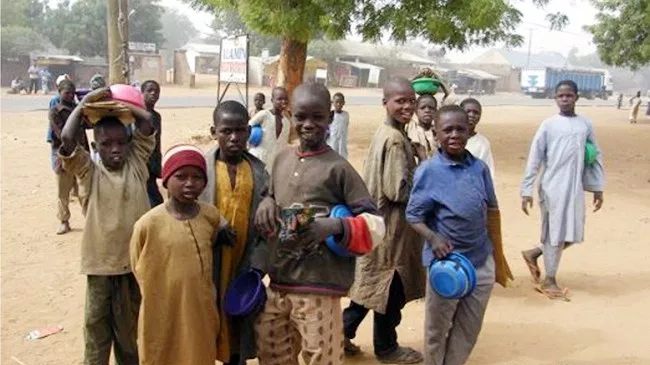
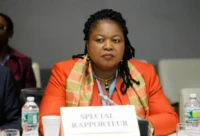


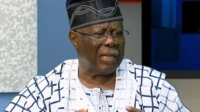
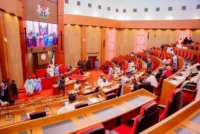

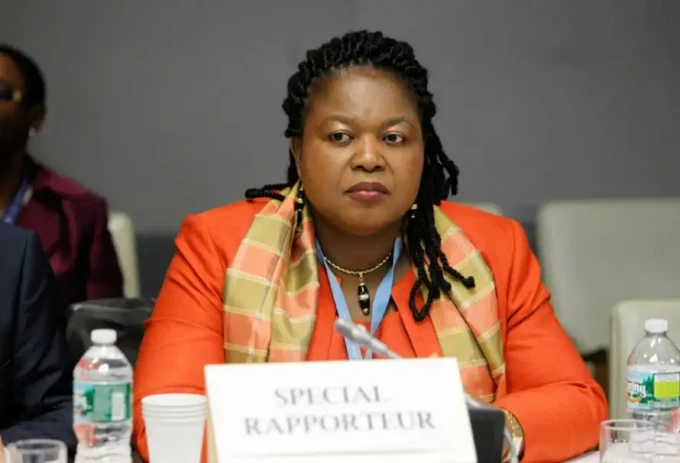
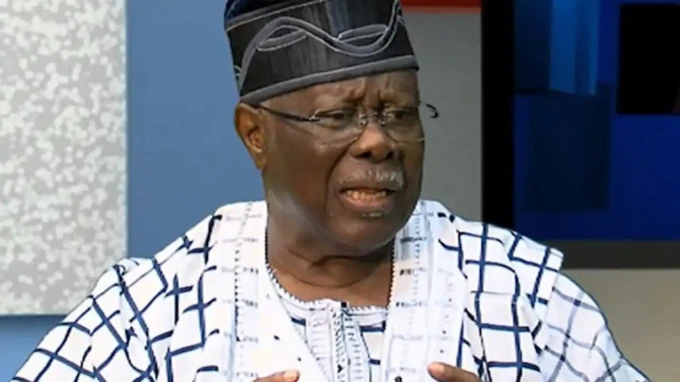

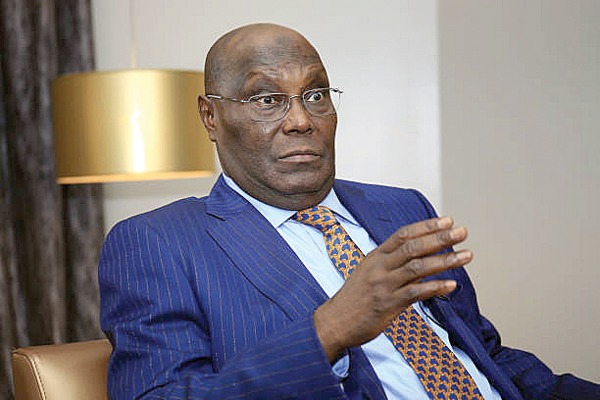
Do we really understand the root causes of this education crisis in Katsina State? Lets delve deeper before jumping to conclusions.
Do you think the government should prioritize education over other sectors to address the crisis in Katsina State? Lets discuss!
Is it fair to blame only the government for the education crisis in Katsina State? What about community involvement and parents responsibility?
Do you think the government should prioritize education funding over other sectors to address the crisis in Katsina State?
I cant believe the government hasnt taken more action on this issue. These children deserve better opportunities for education.
Do you think the government should prioritize fixing the education crisis in Katsina State over other issues? Lets discuss!
I cant believe the government is failing over half a million kids in Katsina! We need urgent action now.
Why arent more resources being allocated to education in Katsina State? These children deserve better opportunities. Lets prioritize their future!